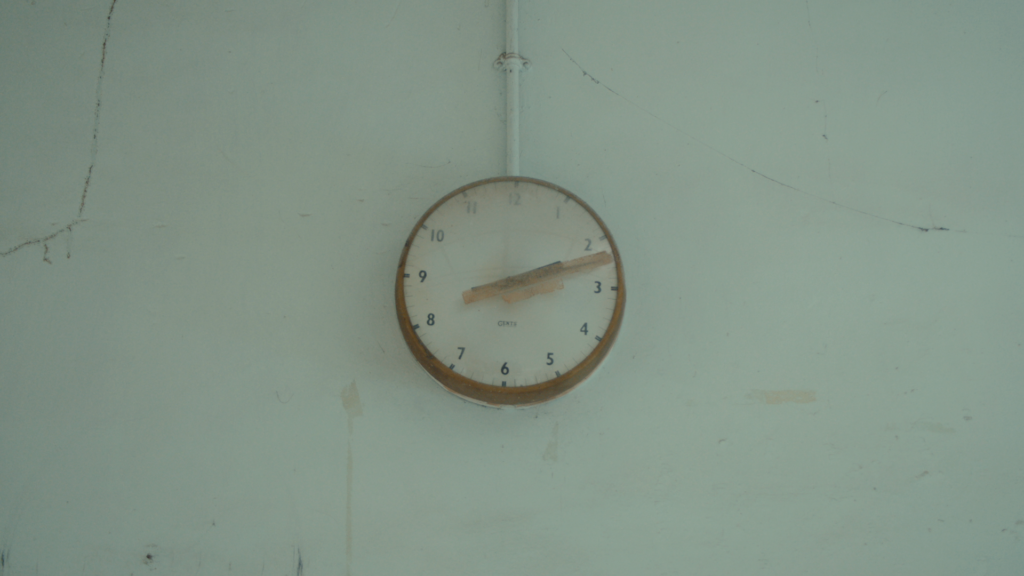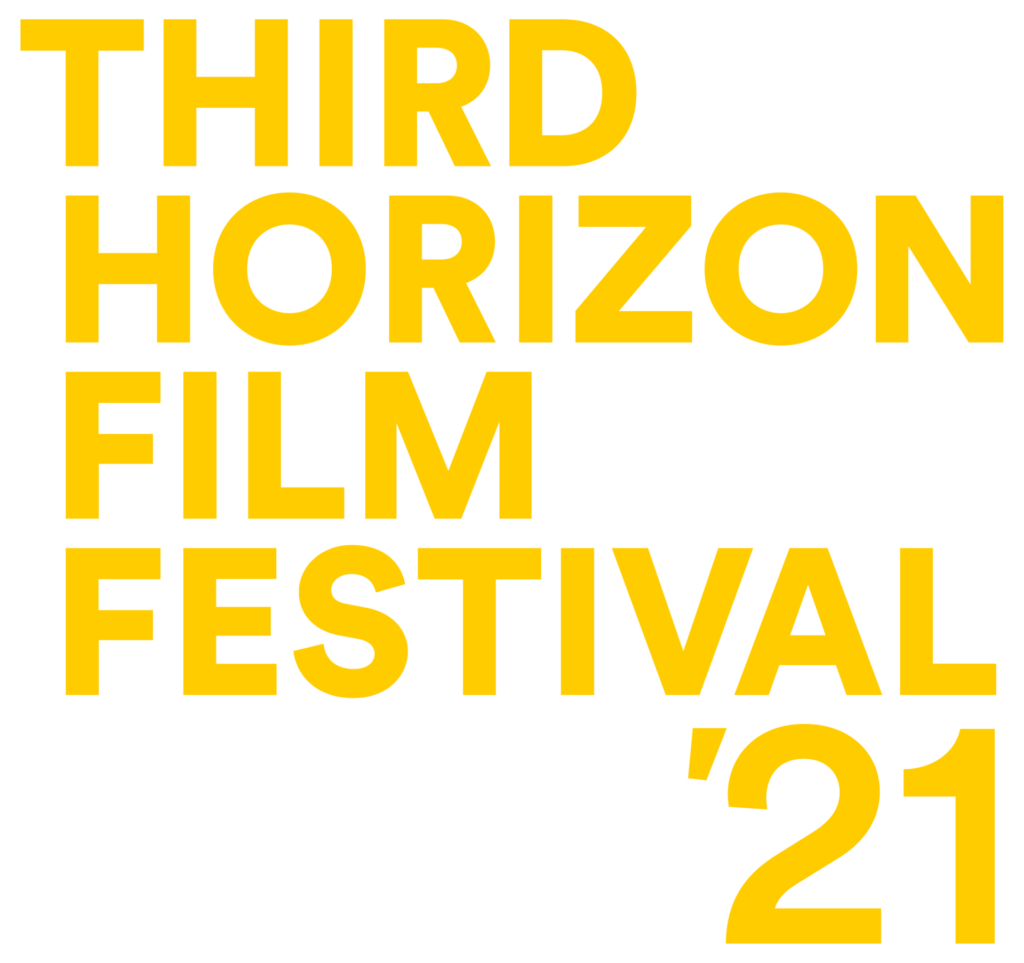
Shorts Program: COLONIAL (DIS)ENTANGLEMENTS
Share
Venue
Synopsis
Using—and refusing—a wide range of archival materials in a potent range of ways, the six films in this program interrogate the legacies of different forms of colonialism across the globe.
Dir. Suneil Sanzgiri / 11 minutes / 2019 / India and the United States
Filmmaker Suneil Sanzgiri’s father was 18 when India ousted the last remaining Portuguese colonisers from Goa in 1961. Combining 16mm with drone footage, desktop screenshots, and Skype interviews with the filmmaker’s father, At Home But Not at Home utilises various modes of seeing at a distance to question identity, the construction of memory and anti-colonial solidarity across continents.
No Archive Can Restore You
Dir. Onyeka Igwe / 6 minutes / 2020 / Nigeria and United Kingdom
The former Nigerian Film Unit building, one of the first self-directed outposts of the British visual propaganda engine, the Colonial Film Unit, stands empty on Ikoyi Road, Lagos, in the shadow of today’s Nigerian Film Corporation building. The rooms are full of dust, cobwebs, stopped clocks, and rusty and rotting celluloid film cans. The films housed in this building are hard to see because of their condition, but also perhaps because people do not want to see them. They reveal a colonial residue that is echoed in walls of the building itself. Taking its title from the 2018 Julietta Singh book, No Archive Can Restore You depicts the spatial configuration of this colonial archive, which lies just out of view, in the heart of the Lagosian cityscape. This is an exploration into the “sonic shadows” that colonial moving images continue to generate.
A New England Document
Dir. Che Applewhaite / 16 minutes / 2020 / United States
Using found footage with selected images and text from The Marshall Collection at Harvard University’s Peabody Museum of Archaeology and Ethnology, A New England Document reconstructs the impulse of two ethnographers’ photographic encounters in the Kalahari Desert, Namibia, from the reparative perspective of its formerly silenced stories. The filmmaker, a black British-Trinidadian Harvard undergraduate, and their daughter, the writer Elizabeth Marshall Thomas, give voice in fragmentary counterpoint to the haunting sounds of archival ghosts.
Sight Unseen
Dir. Alessandra Ferrini / 19 minutes / 2019/ United Kingdom
Omar al-Mukhtar (1885-1931) was the leader of the organised resistance against the Italian colonisation of Libya (1911-1943). He became a symbol of the Libyan people’s resilience, but in Italy his name remains unknown. Sight Unseen explores the concealment and appropriation around the memory and documentation of Mukhtar’s final days and spectacularised state killing, through the analysis of visual and material culture that has been subject to either manipulation or obfuscation in Italy. These materials include the most complete—but legally unpublishable—series of images of Mukhtar’s capture and execution; Mukhtar’s contested glasses and purse; the Hollywood production The Lion of the Desert; and Monumento al Carabiniere, a memorial to Italian armed forces in Turin. Sight Unseen attempts to portray the carefully orchestrated politics of visibility and invisibility that shape the memory of colonial trauma in Italy.
a so-called archive
Dir. Onyeka Igwe / 19 minutes / 2020 / United Kingdom
Mixing the genres of the radio play, the corporate video tour, and detective noir with a haunting and critical approach to the horror of discovery, a so-called archive interrogates the decomposing repositories of Empire with a forensic lens. Blending footage shot over a year in two separate colonial archive buildings—one in Lagos, Nigeria, and the other in Bristol, United Kingdom—this double portrait considers the “sonic shadows” that colonial images continue to generate, despite the disintegration of their memory and their materials.
Listen to the Beat of our Images
Dirs. Audrey and Maxime Jean-Baptiste / 15 minutes / 2021 / French Guiana and France
Based on audiovisual archives from France’s National Center for Space Studies (CNES), Listen to the Beat of Our Images deals with the establishment of the Guyanese Space Center in Kourou, French Guiana, from the perspective of a young Guyanese woman, who watches as the land around her is transformed.
Please note: this program can be viewed only once during a three-hour window beginning at the scheduled time. For more information on viewing this program or any films, please visit our FAQ and How to Watch pages.
About the Director
Please see individual films for details.


